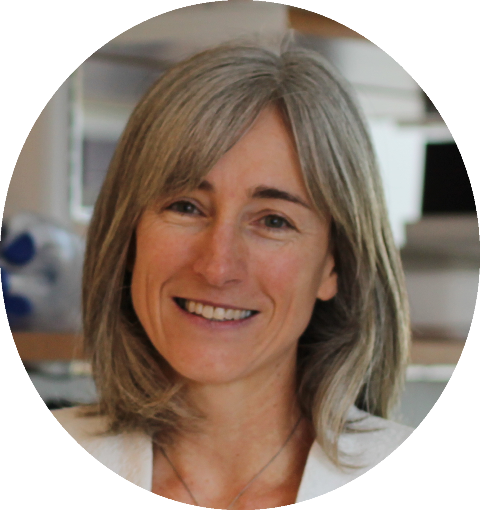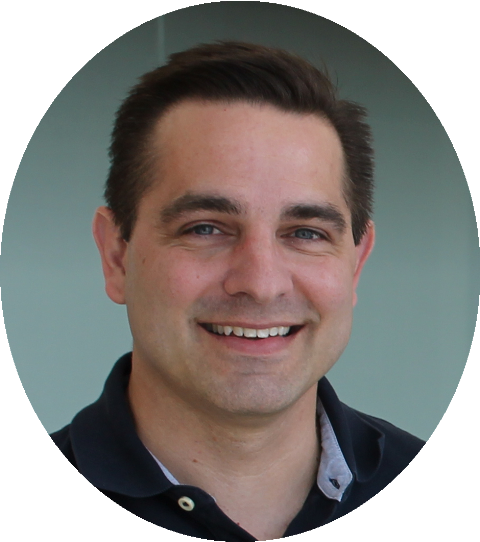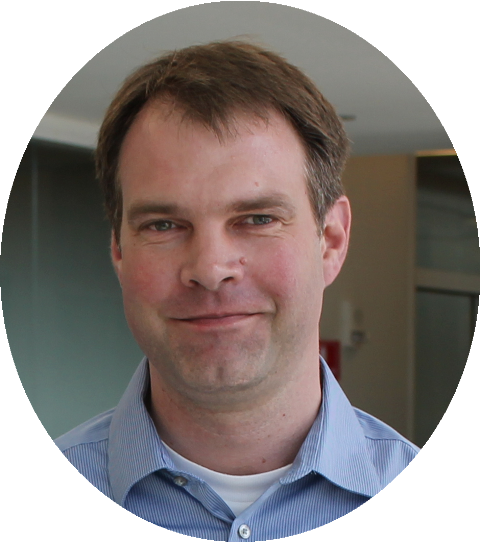Term chairs established to support young investigators at UMass Chan
Gifts from George F. and Sybil H. Fuller Foundation, Glass Charitable Foundation provide five-year funding to three diabetes researchers
A creative new approach to support promising scientists early in their careers took shape at UMass Chan Medical School in June 2015 when gifts from The George F. and Sybil H. Fuller Foundation and The Glass Charitable Foundation were made to establish three, five-year, term chairs for junior faculty in diabetes research. The researchers will each receive $300,000 over five years to support their scientific work.
“Resources for research are becoming increasingly competitive, even for established scientists with track records of innovation and discovery,” Chancellor Michael F. Collins said. “We are determined to address these challenges. With the support of The George F. and Sybil H. Fuller Foundation and The Glass Charitable Foundation, we are creating innovative tools to retain our top young talent. The prestige and recognition associated with being appointed to these term chairs also positions the recipients well for future external funding opportunities.”
Terence R. Flotte, MD, the Celia and Isaac Haidak Professor of Medical Education, executive deputy chancellor, provost and dean of the School of Medicine, said the new term chairs align with the goal of UMass Chan to create funding mechanisms to invest in the promise of junior faculty members.
“One of the major strategic objectives in both the Medical School’s new joint strategic plan with clinical partner UMass Memorial Health Care and the UMass System’s Life Sciences Strategic Plan is recruiting and retaining talent, particularly outstanding junior and mid-career faculty,” Dr. Flotte said. “Our assistant and associate professors are essential to the Medical School’s research enterprise. The competition for such talent is intense and decreasing federal support for research is exacerbating this issue. We are proud to support Drs. Laura Alonso, Michael Brehm and Rene Maehr and know they will continue making meaningful discoveries with this support that further the research into diabetes.”
The George F. and Sybil H. Fuller Foundation, a longtime benefactor of UMass Medical School and UMass Memorial Health Care, proposed the idea of term chairs as a way for its board to support important research without an endowment, said Mark W. Fuller, chairman and treasurer of the Fuller trustees. The foundation primarily supports capital projects; it does not support endowments.
“Funding research is critical because we all understand that the numbers coming from the federal government are going down, so it’s harder and harder for scientists to get those dollars,” Fuller said. “We have supported UMass Medical School and UMass Memorial Health Care for many years; we want to support research, especially young researchers; and type I diabetes is prevalent in several of our trustees’ families. So, supporting a term chair for diabetes research made a lot of sense for us. I also hope this is an option for other donors, particularly those who can’t fund an endowment but could make an annual contribution such as this.”
The commitment to support young scientists is essential with the continuing decline in federal research funding, said David M. Harlan, MD, the William and Doris Krupp Professor in Medicine, and co-director of the Diabetes Center of Excellence.
“The impact of that decreased funding is particularly acute for the young investigator who has not yet had time to establish the productivity record so critical to successfully compete for limited research dollars,” Dr. Harlan said. “Senior researchers around the world recognize that we risk losing an entire generation of younger investigators who may conclude the research path is closed to them. And yet, history has shown that it is very often the young investigator driving major innovation. Sir Frederick Banting was only 31 years old when he and Charles Best first isolated insulin.
“The term chairs for our diabetes research young investigators will give these best and brightest young minds a career foothold from which they might establish their careers and, more importantly, pursue new ideas that may be the missing puzzle piece required to better treat or cure diabetes.”
Meet UMass Medical School’s first term chair recipients
 Laura Alonso, MD
Laura Alonso, MD
Associate Professor of Medicine
The George F. and Sybil H. Fuller Foundation Term Chair in Diabetes
Dr. Alonso is the director of Beta Cell Biological Studies in the Department of Medicine, where her lab is focused on finding ways to increase the number of insulin-secreting pancreatic beta cells, so as to prevent or treat diabetes. She uses mouse models to determine how nutrients influence beta cell proliferation, with the goal of identifying therapeutic pathways that can potentially expand the number of human beta cells.
 Michael Brehm, PhD
Michael Brehm, PhD
Associate Professor of Molecular Medicine
The Robert and Sandra Glass Term Chair in Diabetes
Dr. Brehm was recruited to the Diabetes Center of Excellence following a successful postdoctoral and junior faculty research career at UMass Medical School. He is using humanized mice to focus on autoimmune type 1 diabetes and the cells that regulate immune responses in humans.
Rene Maehr, PhD
Assistant Professor of Molecular Medicine
The Glass Charitable Foundation Term Chair in Diabetes
Dr. Maehr was recruited to the Diabetes Center of Excellence following a postdoctoral fellowship in the laboratory of Douglas A. Melton, PhD, co-director of Harvard’s Stem Cell Institute. He is now working on the development of a human thymus from induced pluripotent stem (iPS) cells—technology that permits cells from individuals to be programmed to stem cells and then directed to develop into almost any cell or tissue in the body—which would allow the re-education of an immune system as a treatment for autoimmune disorders such as type 1 diabetes.



